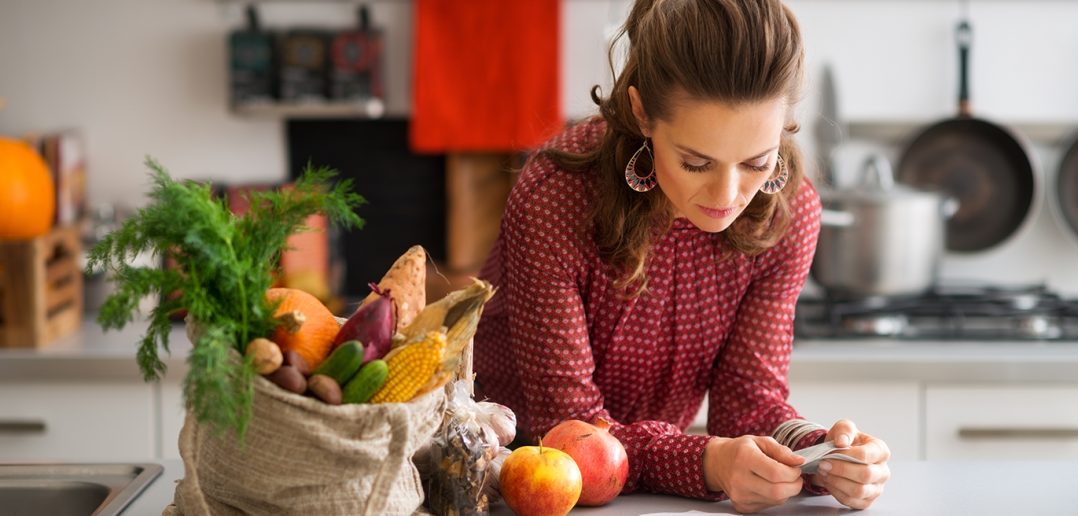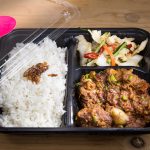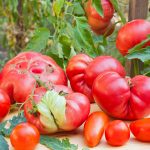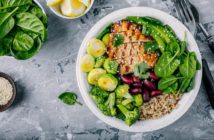What does it mean to ‘eat well’? Of course it means different things to different people, but for the purpose of this article, it means giving your body what it needs to thrive; to replenish nutrient levels that support biochemical processes, to fuel our activities no matter the intensity level, to deliver lasting and balanced energy, and help us to ride the challenges we face on a daily basis.
The trouble is that many of us think eating well equals expensive food – but it doesn’t have to be that way.
We have been sold the idea that convenience, packaged and ready-made food are the cheap and easy option, allowing us to budget on a per-meal basis. But these foods are seriously lacking when it comes to quality nutritional content. They fill us up, but not necessarily with the ingredients our bodies need to be well, so over time we can become deficient in nutrients and suffer from symptoms like poor energy, lowered immunity, plus skin and digestive problems. We can all eat well, save money and feel great – here’s how…
Plan your meals and make a shopping list
It’s really worth getting organised and working out what you are going to eat in advance, so you can stick to a budget. A meal plan may work for you, but either way, work out accurate quantities and make a list so you don’t get tempted to spend more money.
Look out for offers and bulk-buy savings
Buying in bulk can really save you money, whether from a regular supermarket or online retailer. Beware of supermarket multi-buy savings though, they can make you spend more money on foods you don’t actually need. Use bulk buys to then prepare large quantities of foods you can store in the freezer, like soups, stews, curries and sauces. Asian supermarkets are great for buying bulk quantities of foods like coconut milk and coconut oil at low prices.
Make use of leftovers
Don’t throw uneaten food away – save any leftovers for lunch the next day, or put them in the fridge or freezer for later use to add to meals, or create a new one.
Shop at markets
Fresh food grown locally and seasonally is going to cost less than food that has been airfreighted from far afield. You may even find a local growers cooperative where you should be able to buy vegetables at bargain prices.
Use your freezer
Whether for leftovers, bulk buys, or meals made in advance – your freezer is a great place to store extra or uneaten food for future use. You can freeze soft fruits to use over the winter months, any over-ripe or half-eaten bananas (peeled and sliced) for smoothies, as well as vegetables – frozen fruit and veg is often cheaper than fresh. You can freeze bread and defrost it slice by slice, or whizz up any stale bread into breadcrumbs and store them in the freezer too.
You may even find a local growers cooperative where you should be able to buy vegetables at bargain prices.
Buy cheaper cuts of good quality meat
Cheap, intensively reared meat is likely to contain antibiotics and hormones, so it’s a good idea to go for cheaper cuts of better quality meat, meaning free range, organic or grass fed, and have smaller portions. Cuts could include pork belly, beef shin, lamb shoulder, chicken wings or thighs, and look out for special discounts a day or two before the use by date. Prepare meat in a way that makes it go further, such as slow cooked in stews and curries, bulked out with other ingredients. Use any bones to make stocks, and for those of us that like offal, such as liver, this is a great low cost and nutrient dense option. Make friends with your local butcher, they often have great deals.
Eat lots of vegetables and pulses
You don’t need to be a vegetarian to enjoy eating plenty of vegetables, beans and pulses. They are cheap and filling, not to mention nutritious. Tinned pulses keep for ages, so keep a stock in your cupboard and you’ll be able to whip up a nourishing meal in minutes.
Imperfect, funny-shaped vegetables can be found more widely these days and are sold at a discount. Don’t throw old veg and fruit away either – add it to a smoothie or natural fruit juice.
Grow your own!
This may not be practical for everyone, but most people have enough space to grow herbs, potatoes or to sow a few lines of lettuce – cut and come again varieties are great, they keep you going for months and cost a fraction of the price of buying lettuce from the shops.
Store dry food correctly
If you’re bulk-buying nuts, seeds and grains, they do have a shelf life and will go rancid after a while. Nuts and seeds in particular go rancid fairly quickly, so should be stored either in the fridge or freezer, depending on how quickly you are planning to use them. Cereal grains and flours last for longer, but stick to the use by date to prevent mould growth.
And finally, take it a step at a time
Don’t get overwhelmed by change, make a new cost-saving effort each week and it will really add up.






